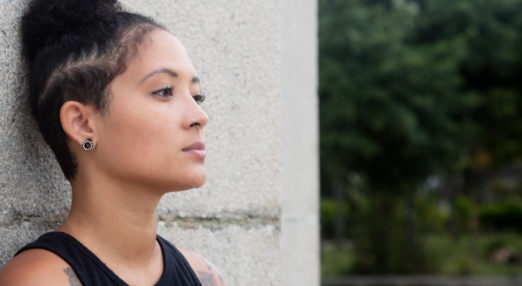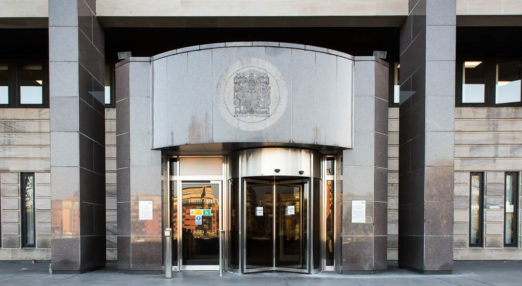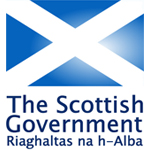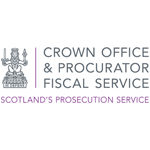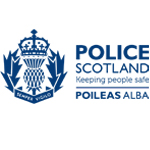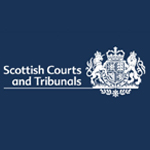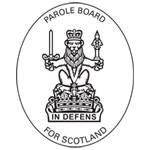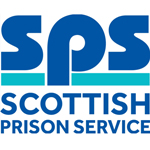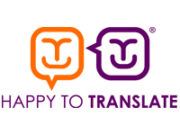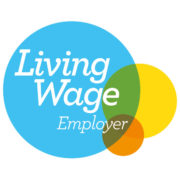Coronavirus – crime types
We are aware of the immediate and potential impact of the current national crisis and public health response on vulnerable people. We expect certain crime types to rise at a time when people are social distancing, self-isolating and spending more time online. Isolation, in particular, can impact people affected by crime as their support networks may not be available in the same ways as before.
We expect certain crime types to rise, such as fraud, cybercrime, stalking, antisocial behaviour, hate crime and domestic, child and elderly abuse. Below you will find information on some of these crimes and the help available during the Coronavirus outbreak. You can also visit our crime pages for more in-depth information and to see how we can support you.
We’re speaking to Police Scotland regularly about emerging crime types in the face of the Coronavirus lockdown situation. We will update these pages as we receive further information.
Many communities and organisations are coming together to help one another during the Coronavirus outbreak. The vast majority of offers of assistance are genuine but unfortunately there will always be instances where someone in a vulnerable position is taken advantage of.
There are reports of people selling fake testing kits for Coronavirus, setting up bogus websites asking for donations for Coronavirus sufferers, and messages pretending people are being fined for not following government advice.
Scammers tend to target people who:
- live alone
- are at home during the day
- have savings or valuables
- are more likely to talk to them, perhaps due to loneliness
With more of us working from home and in isolation as a result of advice from the government, more of us are at risk of being targeted.
In addition to Coronavirus-related fraud, some other common examples include:
- financial scams
- email or social media direct messages
- voicemail or text message scams
- dating apps and websites
- selling counterfeit goods
- grooming
Remember that fraudsters are highly skilled at tricking people into giving up personal details, money, goods, etc. No matter how careful you are, you can still be easily caught out. Try not to blame yourself – it is only the fault of the offender.
Police Scotland’s Shut Out Scammers site has information and details on how to protect yourself from fraudsters and the support available.
Please report scams to Police Scotland on 101 or Advice Direct Scotland on 0808 164 6400. Only 5% of fraud and scams are reported, however it is important that we report all instances of fraud to stop it happening to someone else.
Victim Support Scotland is here to help you if you’re been affected by fraud. Call our helpline, 0800 160 1985, or use our webchat service, which you can usually see on the bottom right of this site. Both of these services are free, confidential, anonymous if needed, and run 8am-8pm, Monday to Friday.
Domestic abuse is any form of physical, verbal, sexual, psychological (including coercive control) or financial abuse which takes place within the context of a relationship and might amount to criminal conduct.
The COVID-19 outbreak paired with current social distancing and self-isolation measures can be particularly stressful and challenging for people who are experiencing domestic abuse.
Vulnerable adults and children may now find themselves trapped in isolation alongside their abusers, deprived of safe spaces or opportunities to contact anyone for help or support.
Despite the current restrictions and people being encouraged to stay home, the UK government has advised domestic abuse victims to seek refuge and to not stay in abusive situations.
Anyone affected by domestic abuse can contact Victim Support Scotland’s helpline on 0800 160 1985. We also run a webchat service, which you can usually see on the bottom right of this site. Both of these services are free, confidential, anonymous if needed, and run 8am-8pm, Monday to Friday.
Alternatively, you will find a list of organisations ready to support you on the Scottish Women’s Rights Centre website.
Remember to use the yellow ‘hide page’ button on the right of this page if you need to exit this site quickly.
More information on domestic abuse and the support we provide is available here.
There is growing concern about the number of Coronavirus-related hate crimes, including against the Chinese and Asian communities.
Additionally, many of us may also find ourselves on lockdown in domestic settings which add to the sense of isolation, for example, with family members who are not accepting of disabilities, sexuality or gender identity.
Hate incidents can take many forms including:
• verbal and physical abuse
• bullying
• threatening behaviour
• online abuse
• damage to property
It can be a one-off incident or part of an ongoing campaign of harassment or intimidation.
Please remember, you are not alone. Victim Support Scotland is here to help, no matter who you are or the nature of the incident or crime.
You don’t have to report a hate crime to receive support from us. However, we can help you to report it if you wish.
Call our helpline, 0800 160 1985, or use our webchat service, which you can usually see on the bottom right of this site. Both of these services are free, confidential, anonymous if needed, and run 8am-8pm, Monday to Friday.
If the incident or crime relates to sexuality or gender identity, LGBT Youth Scotland provides support to young people via its text message service, 07786 202 370, or email info@lgbtyouth.org.uk. Live Chat sessions on their website run every Monday, Wednesday and Thursday evening from 6pm to 8pm.
Antisocial behaviour relates to ongoing and persistent activity by a someone or a group of people which causes distress, alarm or harassment to people in a separate household.
While self-isolating and social distancing, we are all spending more time in our homes than usual. This also means spending more time in close proximity to our neighbours and a rise in the number of people experiencing antisocial behaviour, such as loud music being played late at night.
Neighbour disputes can escalate into antisocial behaviour if actions from one or both parties start to cause distress to households.
You can report antisocial behaviour to the police by calling 101. By showing there is a pattern of behaviour or incidents, your local authority or Police Scotland can have a better chance of putting a stop to the behaviour.
Victim Support Scotland has a range of information and support available if you are experiencing antisocial behaviour during Coronavirus.
Please contact us if you need support. Call our helpline, 0800 160 1985, or use our webchat service, which you can usually see on the bottom right of this site. Both of these services are free, confidential, anonymous if needed, and run 8am-8pm, Monday to Friday.
Find out more
Whoever you are and whatever the crime, we’re here to help
-
Call our free helpline | Mon-Fri, 8am-8pm
0800 160 1985 -
Help near you
Enter town or postcode:
-
Request support
Complete our form

